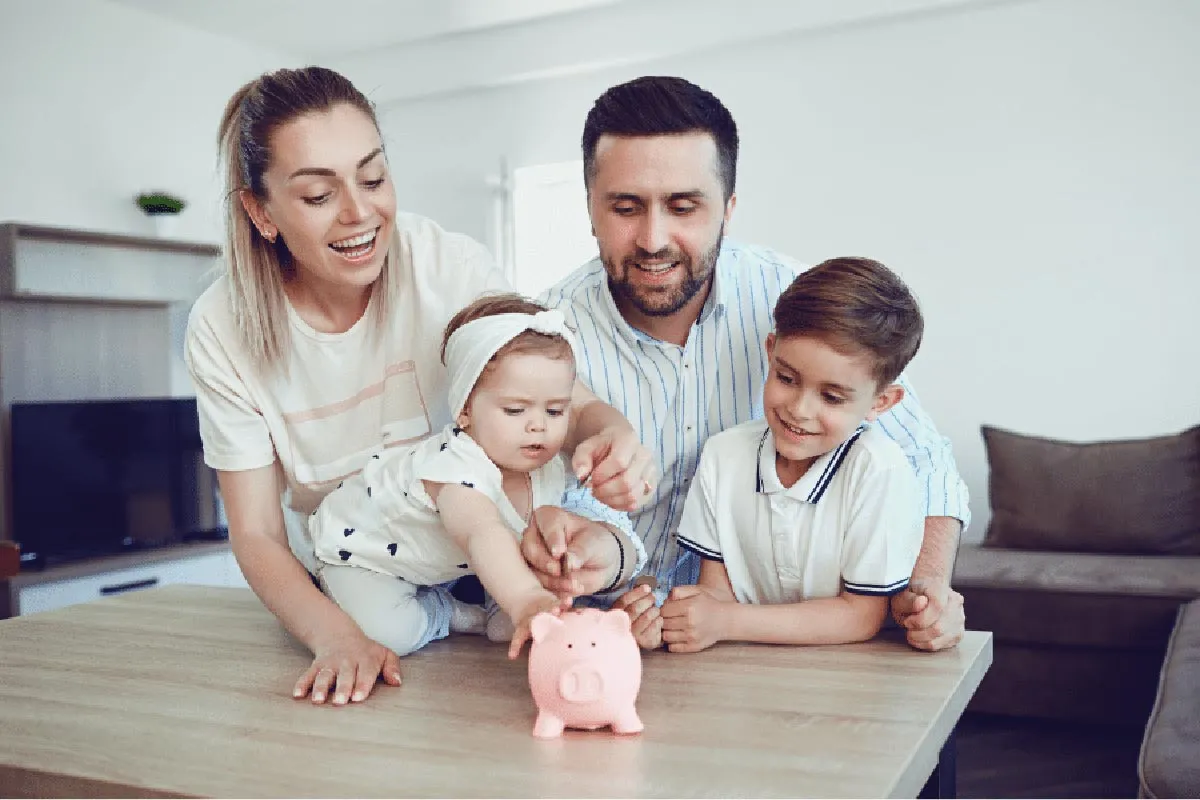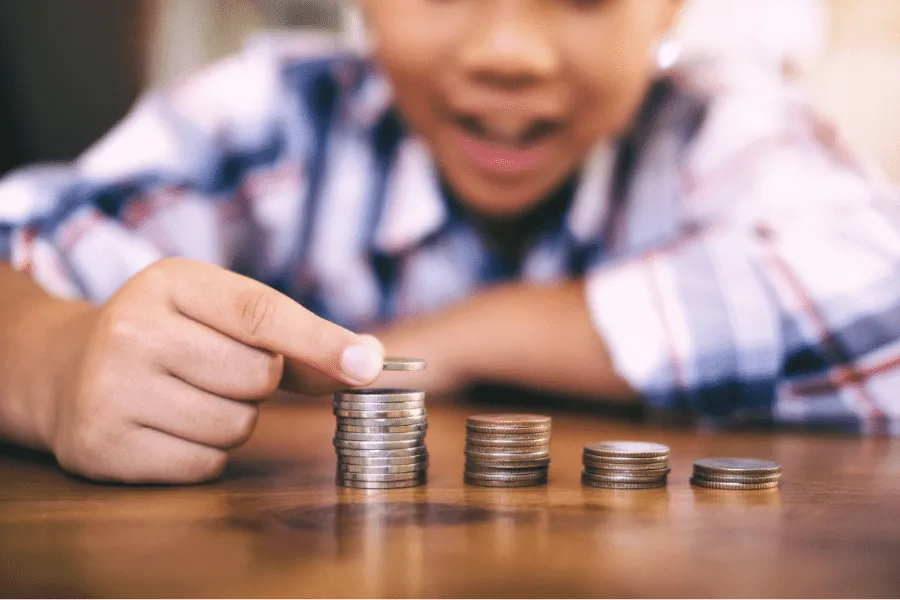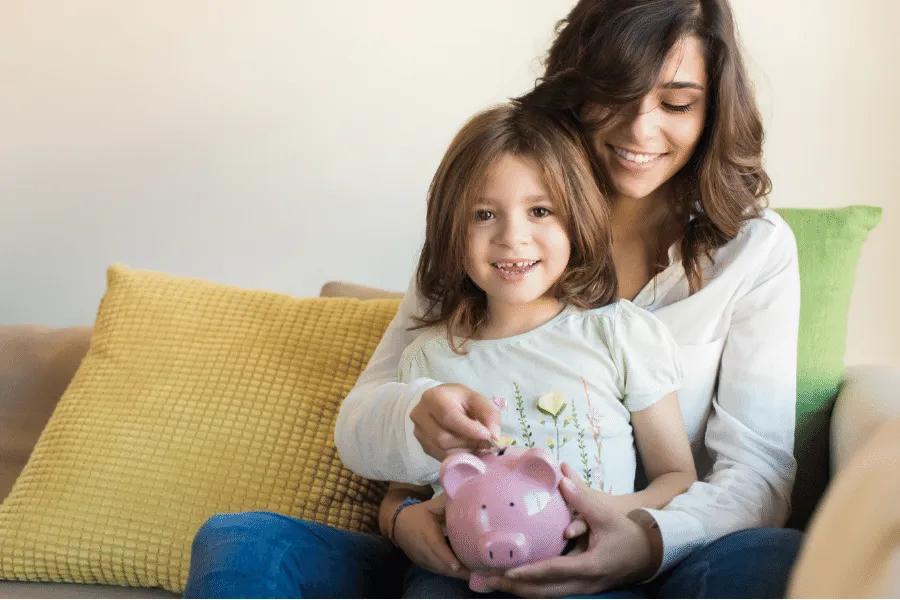Teaching Your Young Children About Money

What do your kids know about money?
What are the best ways to teach them good money habits at an early age?
Model good habits and give your kids the opportunity for experiential learning with money.
As adults it often feels like we still have a lot to learn about money, doesn’t it? Studies about poor financial literacy among adults are easy to find. We always feel we learn something new when we buy a house, make a new investment, or test out a new way of budgeting.

But our habits around money? It seems they are formed quite early, as early as age 7 as some research suggests. So, what are some things we can do early to help our children set good money habits?
On a recent episode of the Stacking Benjamins Podcast, podcast guest Doc G from the Earn & Invest podcast laid out considerations for three potential ways to work with your kids on money habits.
1. Conversations – The least impactful of the three.
Talking with your kids about money can be beneficial, but especially at a young age these conversations are best when they go hand-in-hand with the other approaches of modeling behaviors and experiencing money. Be ready to talk about money concepts as they occur in the real world, but don’t knock yourself out trying to have the perfect money conversation with your 6-year-old.
2. Modeling – When your kids see what you do.
Kids are good at modeling their parent’s behavior, aren’t they? If you’ve ever let a four-letter word slip out while you’re driving in traffic, only to hear your child repeating it the rest of the day, then you know what I’m talking about. Your kids also observe little things like comparing brands at the grocery store, and big things like whether you’re keeping cars for the long haul or replacing them every couple of years. The Certified Financial Planner Board of Standards (CFP Board) re-enforces this message, for example suggesting making kids a part of a grocery shopping trip and comparing the cost of groceries with the cost of dinner at their favorite restaurant (how much did the whole bag of chicken nuggets cost vs. the cost of the chicken nuggets at Chili’s?)

3. Experiential Learning – When kids have their own money and can succeed or fail with it.
This one is more challenging, but for my family gift cards have actually been a good source of money education. When our kids get gift cards from family members for somewhere like Target or Barnes & Noble, it’s great because it gives them a finite amount of money to spend that they are in control of. However, they know that money has limits and they will have to make trade-offs and focus on what is in their budget. Sometimes if they can’t decide, or can’t find something to spend the gift card on, they learn another valuable lesson: just walk away. There’s nothing that says you have to spend your money that day, and sometimes delaying gratification – holding onto that gift card and pairing it up with another one in the future – will allow them to get what they really want, instead of something they were only half-heartedly interested in.
What if you need a kid friendly conversation starter?
So now you have some ideas, but implementing them still isn’t easy. If your kids are like mine were when they were preschoolers, they were much more interested in talking about Frozen instead of finance, getting a free cookie at the grocery store bakery instead of comparing Cheerio’s vs. store-brand-o’s, and didn’t yet understand why they couldn’t buy a $50 toy with their $15 gift card.
Ask Elmo to help start the conversation.
Sesame Street has put together a great toolkit for families with young ones to help get the conversation started around finances. Check out their great video series featuring Elmo as he learns about money and sets up his “For Me, For You, For Later” savings jars. In the series of short videos, Elmo learns how people make money, how to make choices about money, delayed gratification, and even putting some money aside to help others in need. Watch one with your child, then talk about how you and your family approach the same concept.
Kids develop habits around money early, whether we realize it or not. Show them good money habits in action. Better yet, find ways to let them experience choices around money and understand the hard work it takes to earn it.



